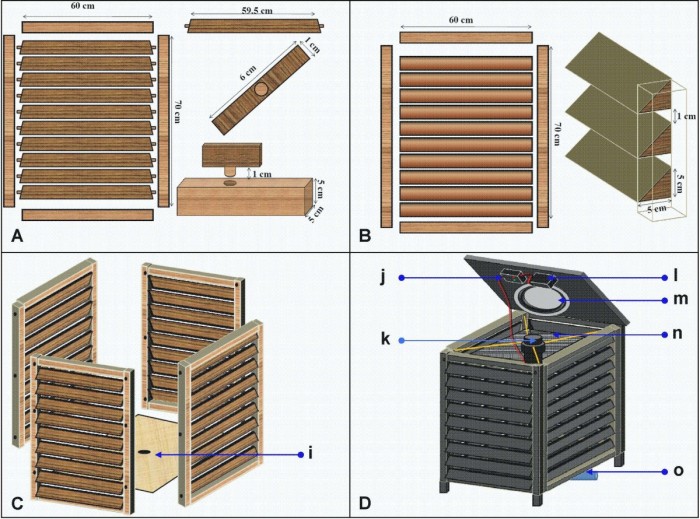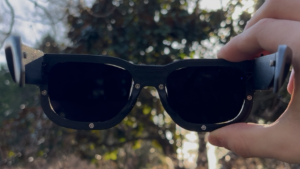Over one million people worldwide die from mosquito-borne diseases every year. The fatal impact of diseases like malaria, chikungunya and dengue are worst felt in rural and developing areas where poverty, malnutrition and exposure to the elements put people at a greater risk of contracting a disease. To curb the spread, researchers at the Ifakara Health Institute in Tanzania developed the Mosquito Landing Box, which uses human scent to attract and kill up to 60 per cent of mosquitos in an area.
The Mosquito Landing Box emits a synthetic human scent that attracts Anopheles mosquitoes, which can transmit malaria. The box also releases a small dose of carbon dioxide that simulates human breath. Once inside the box, the insects are infected with a deadly fungus, electrocuted, or doused with insecticide. The device is powered by solar panels, which can provide power during the day when mosquitos are not feeding.
Speaking to Sci Dev, Ifakara Health Institute researcher Arnold Mmbando says the device can attract mosquitoes over an area of 100 square metres and the human-scented bait can last for a month. But with a current price tag of between $100 and $150, the boxes are too costly for most developing nations.
“The device was invented here in the southeastern part of Tanzania, and right now we are looking for funding and partners to scale up production and sell it to other countries,” Mmbando was quoted as saying.
With continued development, the researchers hope to scale down production costs significantly.







